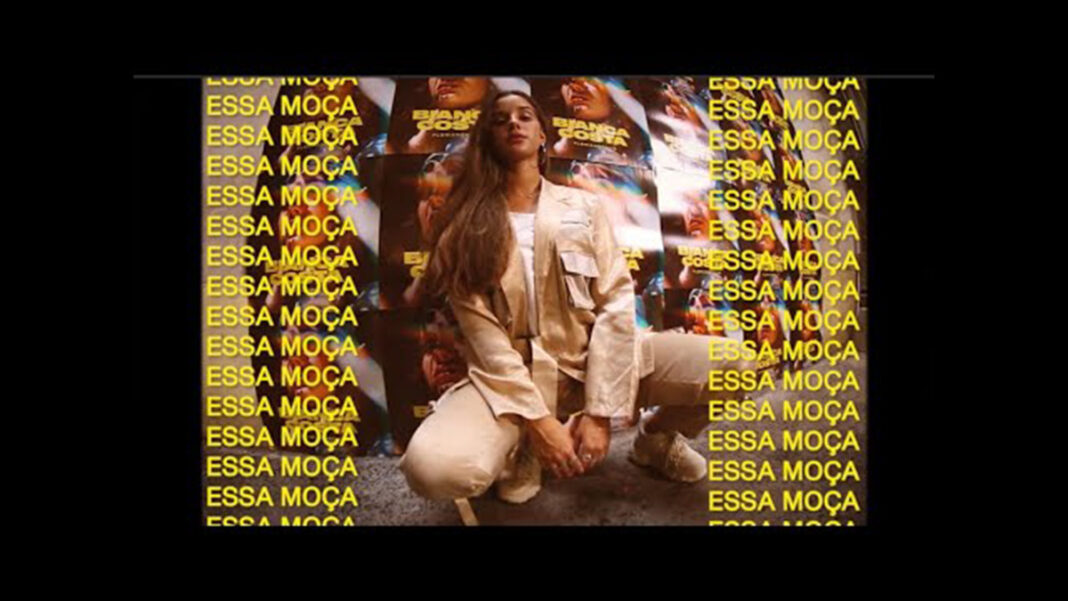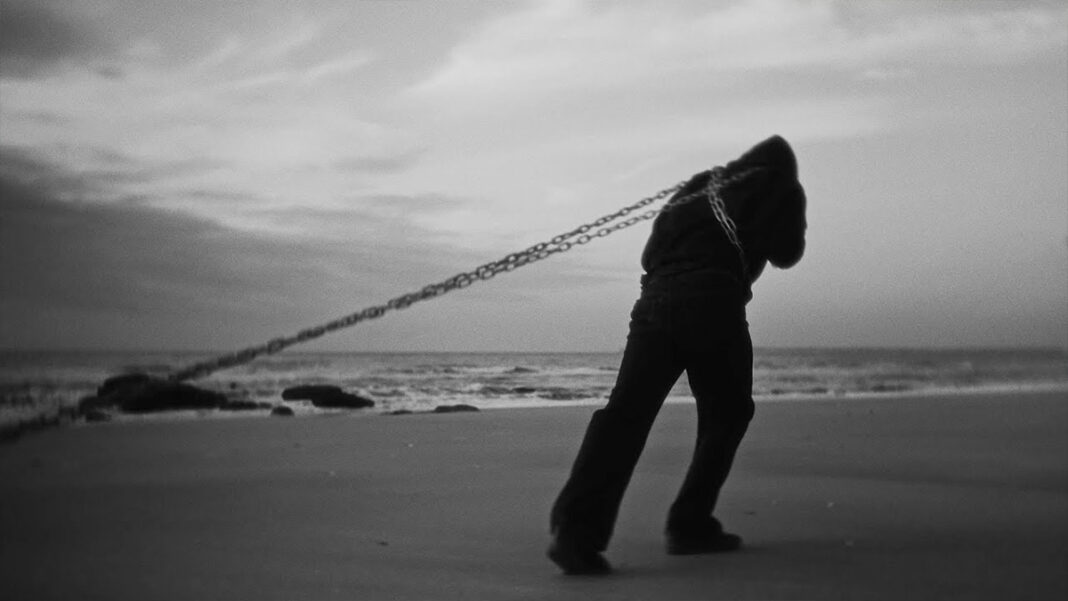After the release of D.U.C, where B2O experimented with some new trends like on *All Set* or *G-Love*, Booba released *Validée* in 2015. As often, the resounding success of the reggaeton offered by the 92 rapper sparked a reggaeton wave in French rap. Just like with urban music or when he supported the Trap wave, Booba, always attentive to what’s happening in the United States, set a new trend. However, after the Trap, Drill, and Afrobeat craze in rap, a new trend is starting to generalize: *Baile Funk*. Rap, or rather urban music (a catch-all expression that encompasses a multitude of realities), is increasingly drawn to *Baile Funk*. But what is it?
Baile Funk: A trend born in the favelas of Rio in the 80s!
Where does *Baile Funk* come from? This musical genre has its roots in Brazil in the 1980s. Under the weight of military dictatorship, and therefore censorship, young people would party to American hits remixed in an Afro-Caribbean style. This is how *Baile Funk* was born. A few years later, Afrika Bambaataa, the genius of the Hip-Hop movement, revived the trend with *Planet Rock*. This artist has made numerous contributions to Hip-Hop, being one of its early pioneers.
*Baile Funk*, or *Funk Carioca*, was despised by the elites in Brazil, but throughout the 1980s, it became the sound of the underprivileged classes. In *Baile Funk* or *Funk Carioca* tracks, the language is raw, sometimes extreme, reflecting a youth in search of transgression against imposed restrictions.
French rap converts to Baile Funk!
According to some journalists, the first 100% *Baile Funk* track was *Pilota* by DJ Ayane. Partnered with Bella in the duo DJ Ayane and Bella, she released her first single as a DJ and chose a *Baile Funk* rhythm. DJ Ayane was one of the first women to perform as a DJ in Africa, marking the start of a new era. The video was released six years ago.
Five years ago, Sadek also released a *Baile Funk* track while staying true to the essence of the music, both in terms of content and style. The track *JDJ* is from *Johnny De Janeiro*, an album with *Funk Carioca* influences. The website BackPackerz, which dedicated an article to this phenomenon, noted that while most rappers draw inspiration from the favelas, few actually engage with the musical culture that emanates from there, with exceptions like Sadek, PLK, and Damso. According to Abu Tall, who was contacted by BackPackerz: *”There’s an imagery that makes Funk Carioca hype because there are elements that fascinate rappers: the gangster environments, the mafia… Brazil and its favelas are hotspots for banditry, which fascinates young people. This violent imagery is also characteristic of the baile, a genre born in the favelas.”*
The influence of a certain Bianca Costa has also been significant. Although she is not a major figure in French music today, the young artist has undeniably brought a personal touch and clear originality. With her series *Bossa Trap*, she blends Bossa Nova with *Funk Carioca*.
Damso briefly embraced this style with the track *TieksVie*, and then Ninho and MHD, the rapper who initiated the *Afro-Trap* wave in France, also joined this trend with the track *Bénéfice*. But beyond these tracks, since 2020, many beatmakers have been inspired by *Baile Funk* or *Funk Carioca* rhythms in their productions. For example, the rhythm of the track *SPIDER* by Gims in collaboration with Dystinct, as well as *Caramelo* by Mortalla, or *Temps en Temps* by Koba LaD and Zola on their joint album, are influenced by these rhythms.


